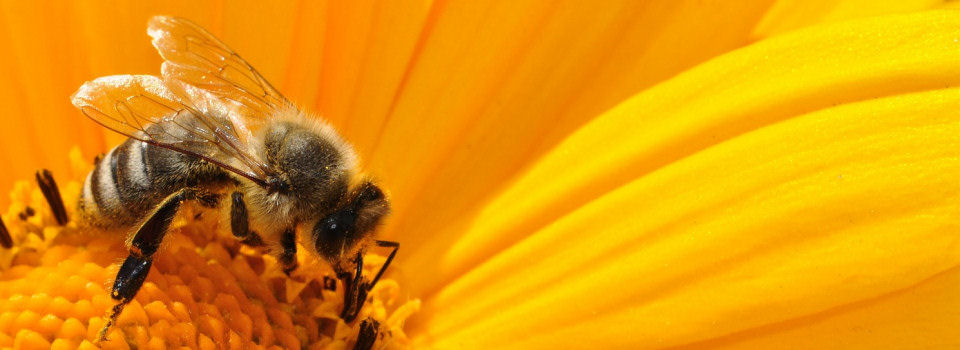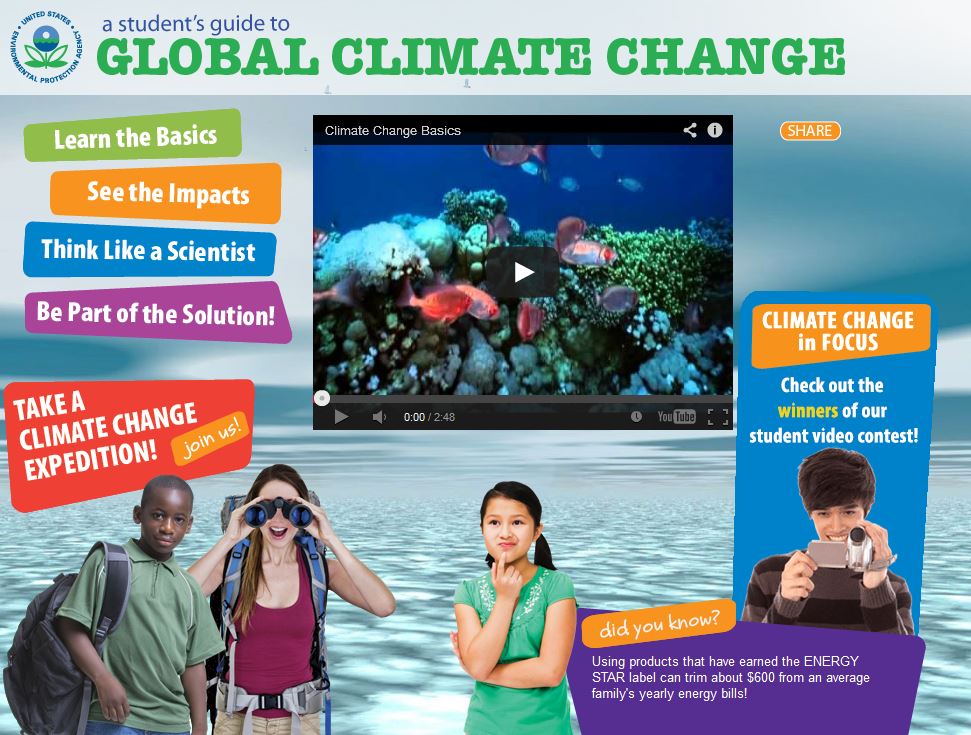Resources for Teaching or Learning About Climate Change
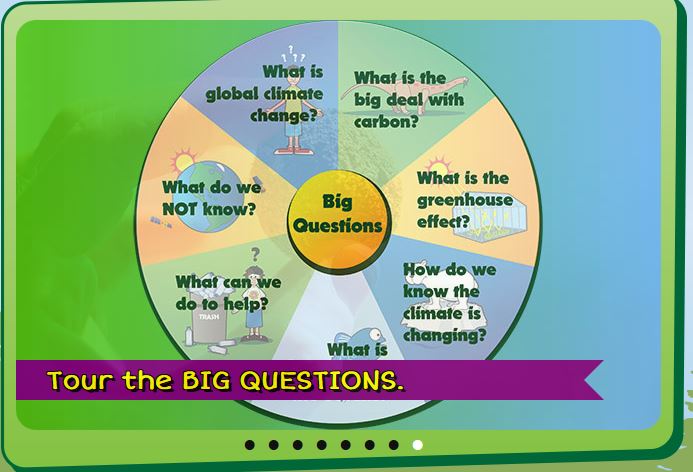
Global Climate Change Teaching Resources
One of the most challenging things to talk about, and teach, is the topic of climate change or less commonly known now as "global warming." This is especially true because in many places it's getting cooler and not hotter, wetter and not drier. This post is dedicated to some of the climate change teaching resources I've found useful.
First, you need a good definition of global climate change. Climate is the average, or overall, pattern of weather over a long period of time. There have been many changes in climate over the long history of the Earth, from hot to cold, but the global climate pattern is currently getting warmer. This means the ups and downs in the weather are getting more "up" and more "down" or hotter and colder than ever before, and they are staying that way, not changing. This up and down being caused by the trapping of greenhouse gasses in the atmosphere, and these gasses come from the burning of fossil fuels, like coal and oil. Teachers are trying to move away from using the term "global warming" because it does not accurately represent all of the ups and downs in weather patterns and trends, especially in places that are cooling!
One of the best resources I've found for teaching about how climate change works (for kids and adults) is from Robert Krulwich, and the NPR Climate Connection web site. He offers five short (5 minute) animated episodes that clearly lays out how climate change works. The series is narrated by Krulwich and follows a carbon molecule, even "in love" with its two oxygen molecules, and how they help trap heat on the Earth.
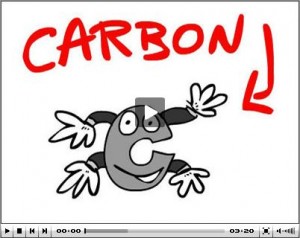
The Climate Connections series is a year-long exploration of climate change, and has an abundance of interviews, articles, and podcasts of information and research.
General Information Web Sites
Here also are some general websites about climate change, from a variety of sources which you may want to use to teach or learn more.
Climate Change Resource Center (US Department of Ag, and the US Forest Service). This website is dedicated to information about how forests, and ecosystems, may be responding to climate change. It also presents information for land managers. This includes educational resources, videos, literature, and briefings for land managers. The site is user friendly, with great graphics, stats, and graphs. It is geared towards adults. I found their 40 page manual very easy to understand, and helpful for educational content. It's called "Responding to a Changing Climate and its Effects on Forests and Grasslands, Climate Change Eductaion for Forest Service Employees, Instructional Package--April 2014."
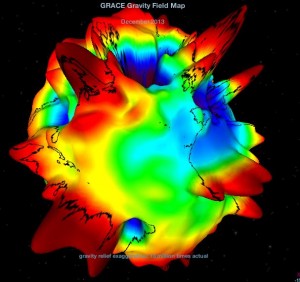
Global Climate Change, Vital Signs of the Planet (NASA Resource for Educators). Honestly, the amount of information on this website is overwhelming. However, the site is very visually attractive, and this is where you can pick up some great graphics and videos. They also have an interactive application on their site (you have to do a one time download to make it work) which is called "Eyes on the Earth." It's really fun and interactive, with great maps of the Earth which you can change. There are global images of carbon monoxide averages, global temperatures, sea level, water and ice, and more. You can also track the path of satellites and see what data they are collecting. It's great for the "wow" effect of kids, especially as you manipulate the "planet" and see the images and colors of different values and information. The NASA website is also a portal for educational materials and other websites.
Energy Education & Workforce Development: Lesson Plans (US Department of Energy) Ignore the dry title of this website, because it actually is pretty extensive with plenty of educational materials and lesson plans and a searchable database. They have curriculum for grades K-12, along with coloring books, quizzes, and links to renewable energy videos and information. This also includes ideas like building a solar oven pizza box, green school information, and opportunities for professional development. I like their free "Energy LIteracy, Essential Principles and Fundamental Concepts fo Energy Education" booklet, which is a pretty comprehensive guide to energy, energy use, and alternative energies, with great graphics and content. Their website also offers information about how to align your curriculum to NGSS and the Energy Literacy components too.

Open Data Resources for Climate Change (World Bank). I know the World Bank may not be the most "neutral" advisor of climate change, but they have created a nice portal of data sharing and information. This is a higher level website, but it can be useful for downloading data sets that may be used in the classroom or other sites. They have some interesting interactive maps, like the "Exploring Climate and Development," which allows you to look at projections of climate change risks, food security, economic development, and disasters. Again, the content is mostly for older students and adults. One nice app that they offer (through iTunes) is called the "World Bank Climate Change DataFinder 2.5." The app allows you to access data on global development indicators, including CO2 emissions. It's very visual and can help integrate technology into your lessons on climate change.
A Student's Guide to Global Climate Change (US Environmental Protection Agency). Although I like the title of this website, and even though it has good information, it's not really very interactive or kid friendly. The content is higher than middle school, and is not super interactive. I like that they are trying to get kids to "think like a scientist," and the content can be useful for quick information grabs and simple explanations, but not my first choice for really grabbing a younger student's attention.

Nasa's Climate Kids (NASA) This website is far-and-away the most kid friendly, and is around the elementary to middle school level. NASA has developed some great interactive games, maps, and even animated videos. This is my choice for overall content, and will hold a kid's interest. You can spend a lot of time on this website mining information, but you can feel safe leaving a kid on a computer to click around and learn more too.
BOOKS
Here are a few books, mainly for children and teaching youth, that might be helpful:
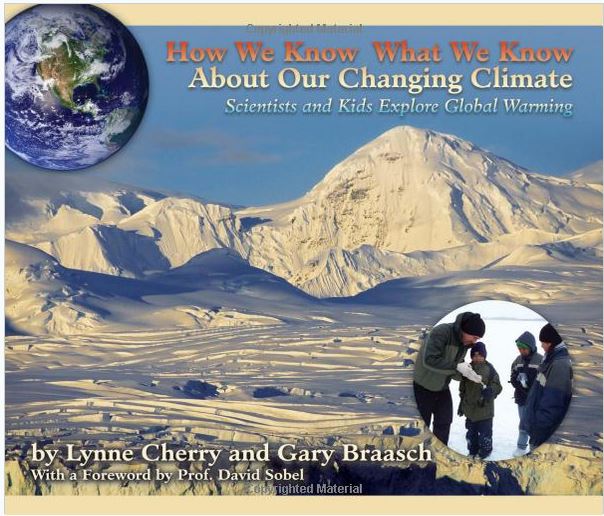
- How We Know What We Know About Our Changing Climate: Scientists and Kids Explore Global Warming (About our Changing Climate), Lynne Cherry and Gary Braasch.
- The Magic School Bus and The Climate Challenge, Joanna Cole.
- National Geographic Investigates: Extreme Weather: Science Tackles Global Warming and Climate Change (National Geographic Investigates Science), Kathleen Simpson.
- A Hot Planet Needs Cool Kids, Julie Hall and Sarah Lane.
There are so many resources available to teach about climate change, some good and some really poorly conceived. I have only touched the tip of the iceberg with these suggestions, but they are resources I've found helpful. If you have any additional suggestions to add, email me at Coyoteowlwoman@yahoo.com. Happy learning!

